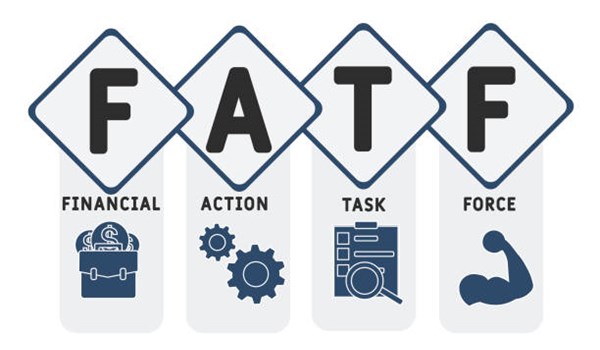Jurisdictions
Regions
Industry Sectors
12/02/24
REGULATION: FATF ups ante on virtual assets and citizenship by investment

As published on: jamaica-gleaner.com, Monday 12 February, 2024.
There are new regulations coming for virtual asset providers in Jamaica, which are said to be offshore. In Jamaica, the Financial Services Commission (FSC) is currently conducting a risk assessment on virtual assets service providers (VASPs).
This week, President of the Financial Action Task Force (FATF), T. Raja Kumar, indicated that increasingly virtual assets such as cryptocurrencies are being used by “criminals and terrorists” seeking to evade law enforcement and to launder illicit funds.
Writing in an editorial in the IFC Economic Report 2024, he highlighted that recent FATF reports on cyber-enabled fraud, crowdfunding for terrorism financing, and ransomware have all marked the growing misuse of virtual assets by criminals.
Kumar noted in an IFC article entitled ‘Combating Illicit Finance in the Digital Age: Prioritising Asset Recovery and Cybersecurity to Protect Societies and Economies’, that the “decentralised nature of these assets and the near-instantaneous speeds with which these transactions are transferred cross-border pose significant challenges for tracking and recovering stolen assets”.
There is a need, he said, for robust regulatory measures to ensure virtual asset service providers implement necessary anti-money laundering, and combating financing of terrorism obligations, including identifying customers and their beneficial owners, as well as reporting suspicious transactions.
Headlines Delivered to Your Inbox
Sign up for The Gleaner’s morning and evening newsletters.
Maurene A Simms, principal advisor to the Governor of the Bank of Jamaica and prime contact to the Caribbean Financial Action Task Force (CFATF), indicates that the VASP sector is currently unregulated; there is no structured data collection mechanism in place.
The FSC is the future regulator for that sector and under its supervision regulations are in the process of being developed.
In Jamaica it is assessed that there is insufficient information on the size and structure of the sector, population of service providers, extent of services being offered and the risk profiles of clients and service providers.
“It should nevertheless be noted that the Securities Act places some limitations on VASPs, in that the statute requires a VASP to be licensed under the Securities Act, where funds are being used for investment purposes,” said Simms.
She stated that the FSC, through the use of a web scraping tool and online searches, found 18 businesses that were identified as providing virtual asset services locally; with only one entity registered with the Companies Office of Jamaica (COJ).
The remaining 17 are overseas, web-based providers with no physical office/location in the country.
In the first half of 2024, the FATF is expected to report on steps that FATF members and countries with materially important virtual asset activity have taken to regulate and supervise virtual asset service providers.
Kumar said that FATF is also working to address the laundering of the proceeds of corruption. This includes the recently published report on identifying and preventing the misuse of citizenship and residency by investment programmes.
He commented: “Each year, tens of thousands of people around the world become new citizens or permanent residents of countries in which they were not born, by investing in those countries. Citizenship and residency by investment (CBI/RBI) programmes are government-administered and can benefit both host countries (by spurring economic growth, such as through expanding foreign investment channels) and wealthy individuals (by allowing them to gain citizenship or residency and the associated additional rights by expediting or bypassing the normal, more lengthy migration processes).
“However, they can also be abused by criminals who seek to launder and conceal proceeds of crime or to commit new offences, including financial crimes, undermining these programmes’ intended objectives,” he added.
FATF and the Organisation for Economic Cooperation and Development (OECD) recently published a report on the misuse of citizenship and residency by investment programmes.
The FATF is also continuing to emphasise the need for disclosures on the true owners of companies or the beneficial owners.
At the start of 2024, the COJ’s Register of Companies warned that 67 companies in Jamaica will be removed from its registry for failing to file mandatory beneficial ownership information under new anti-money laundering rules.
The COJ says these companies failed to comply with two notices sent to their registered offices, in June 2023 and July 2023, with the requirement to comply by September 2023.
These companies are among the first batch facing removal under Section 377F of the Companies Amendment Act 2023. The COJ says the companies being removed have not provided the required information from 2017.
Delinquent companies face fines of up to $5 million for not filing beneficial ownership information, but they may also be struck from the Register of Companies.
FATF is wary of individuals who use shell companies to hide the illegal proceeds of crimes, hence its push for the revelation of beneficial ownership.
It is an intergovernmental organisation tasked with monitoring countries and organisations suspected of fraudulent financial practices, such as money laundering, funding terrorist groups, or financing weapons of mass destruction.




